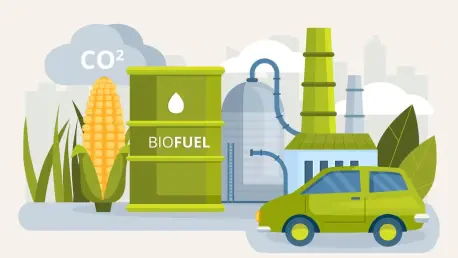The Philippines is advancing its commitment to sustainable aviation through a national initiative to produce and use Sustainable Aviation Fuel (SAF) on a large scale. At the SAF Forum, the Department of Transportation (DOTr) pledged to decarbonize aviation, positioning the Philippines as a leader in SAF production. SAF, made from renewable sources, can cut carbon emissions by up to 80% compared to conventional jet fuel.
Strategic partnerships, such as one with Boeing, are expected to boost economic growth by creating jobs and advancing technology. With abundant agricultural waste feedstock, the Philippines can meet domestic jet fuel needs and contribute to global net-zero aviation emission goals by 2050. Essential factors for scaling up SAF production identified at the forum include regulatory frameworks, financial incentives, reliable feedstock supply, and workforce development.
A report by the Roundtable on Sustainable Biomaterials, backed by Boeing, indicated Southeast Asia could meet around 12% of global SAF demand, with the Philippines playing a significant role. The forum also introduced the Island Skies Alliance, aiming to develop a local SAF ecosystem.
Experts warn that SAF adoption could increase travel costs, similar to Singapore’s planned sustainable fuel levy and SAF blend mandates. However, the Philippines’ move toward green aviation is strategic, aligning with regional and global climate goals.
This coordinated effort shows a comprehensive approach to sustainable aviation, fostering innovation and international partnerships. For detailed updates, BioEnergyTimes.com covers the latest developments in the SAF industry.









